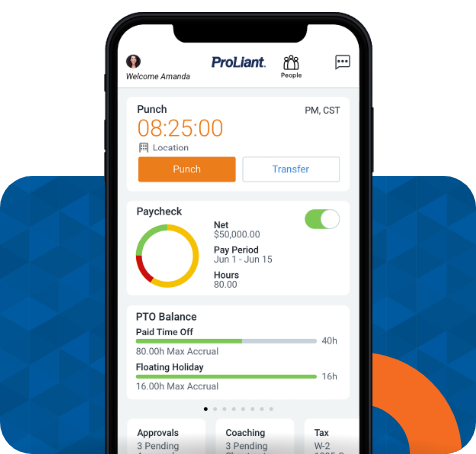If you were to be asked what effective workplace communication was, how would you describe it? At the 2019 SHRM Talent Conference speaker Jennifer Currence asked the same question and the five most common answers she received were that effective communication must be:
Consistent | Clear | Timely | Simple | Purposeful
Currence also added transparency to that list and explained that communication that fulfilled those criteria were essential to attracting and retaining talented employees. She also explained 3 principles of communication that she feels are especially important when it comes to understanding and properly speaking with your employees: Being self-aware, Listening, Talking
To learn more about Jennifer, check out her profile on the SHRM site. https://www.shrm.org/learningandcareer/learning/pages/jennifer-currence.aspx
Check Yourself
Being self-aware is crucial as a leader. Knowing and acknowledging your strengths and weaknesses often provide real insight into where you should focus your communication efforts. Think to yourself, “What are my core values? What are the company’s core values?” then apply those core values to a recent incident within the company. Which core value did the incident apply to? Knowing that, would you have responded differently to the cause of the incident? Most likely the answer is yes, because now you have a constructive way to whatever happened. Explaining to an employee that what they did goes against a core value of the company and why it does is far more likely to start a discussion about how to improve rather than an employee being reprimanded.
Ask trusted friends, family, or even co-workers what they think your blind spots are. More often than not, others can see things about us that we can’t see ourselves. Take those comments to heart and use them to be more self-aware of any bias or blind spots you may have.
Listen First
You may be surprised to know that listening is a skill you actively need to train. Employees, and people in general, actively try to continue a conversation if they feel like they are being heard. If you are quick to judgement, dismissive, or interrupt your employees while they are speaking, both sides will quickly get frustrated. So, when listening try to:
- Continue listening rather than reacting/responding
- Don’t immediately judge, but question why an employee might have had that thought
- Repeat key points of an employee’s conversation so they know you are listening
It’s finally your turn to talk
Finally, talking with employees rather than talking at them. Currence emphasizes “Ask, don’t tell” and how answering with open-ended questions encourages employees to continue the conversation rather than closing off. She offers the TED approach to communication:
- Tell me more
- Explain what you mean
- Define that term or concept for me
Asking for clarification, no matter what an employee wants/needs, shows them that you care enough to make sure their point is getting across.
If you’ve ever had to have a tough conversation with an employee then you know just how important effective communication is. No matter the problem, taking the time to show an employee that you genuinely care about what they have to say is a fast track towards a happier and more productive workplace. We encourage you to try out these strategies yourself and see how a few simple changes can make a huge difference in your employee’s work.
We are living in the #PeopleFirst Economy; your people are more likely to happily stay at their job if they feel that you as leaders are listening to them before you ever say a word.
Learn more about how Proliant is helping business leaders win in the #PeopleFirst Economy.







No Comments Yet
Let us know what you think